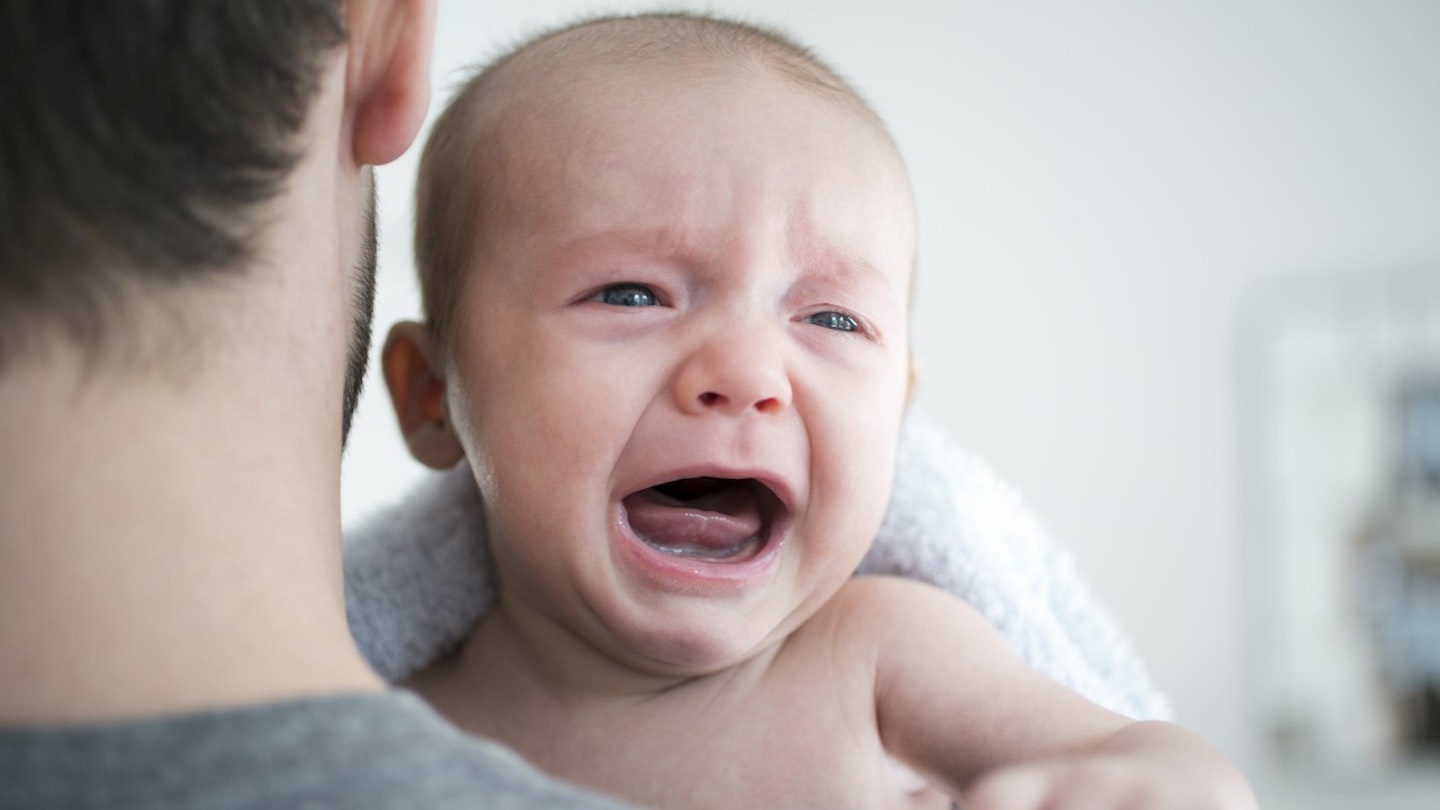If your baby's having tummy troubles, it could be about of gastroenteritis. We show you what to look out for...
ViewWhat is it?
Gastroenteritis is an infection of the lining of the stomach and intestines, leading to diarrhoea and often vomiting. It’s estimated by the NHS that every child will have at least one bout of this infection before the age of five, with most occurring between the ages of three months and three years.
What are the symptoms?
Your baby may vomit for one to two days and will probably have diarrhoea for five to seven days. ‘Occasionally there are other symptoms, including stomach pain and a fever,’ says community paediatrician Teresa Kilgour, author of Understanding Children’s Illnesses. Your baby will cry if she has tummy ache and you can check whether she has a fever by using an ear or forehead thermometer. The normal temperature range is between 36.4°C and 36.8°C.
What causes it?
Ninety per cent of cases are caused by a virus – rotavirus being the most common – but bacteria and food poisoning can also trigger gastroenteritis. ‘Outbreaks often occur within families, because the virus and bacteria are easily passed around,’ says GP Sarah Levy. Babies under two with gastroenteritis are particularly susceptible to becoming dehydrated (see below).
What can you do?
Prevent an outbreak by washing your hands before preparing food, and after loo visits and nappy changes. It’s also vital to clean your baby’s feeding equipment thoroughly. If your baby is under one and formula fed, you must sterilise her bottles and teats before every use and make sure all her feeds are fresh.
There’s no treatment for gastroenteritis – you have to let it run its course. If your baby (or anyone in your family) falls ill, disinfect any potentially contaminated surfaces, such as the toilet or changing mat, and wash soiled clothes promptly to help stop germs spreading.
‘You’ll also need to be vigilant about your baby’s fluid intake, as the dehydration that can result from diarrhoea and vomiting can be serious,’ says Sarah. Babies over six months old who have gastroenteritis should be given small drinks of water or an oral rehydration/electrolyte solution, such as Dioralyte (available from chemists – be sure to follow the instructions).
‘Continue giving your baby milk feeds as usual, but if you’re breastfeeding you will need to offer the rehydration solution from a spoon regularly – every 10 or 15 minutes,’ says Teresa. Bottle-fed babies should have their usual feeds alternated with small doses of rehydration fluid.
Offer a weaned baby her usual food, giving the rehydration fluid instead of her usual milk.
Call your GP if…
Your baby is less than six months old and you suspect she has gastroenteritis. Also if you notice signs of dehydration in a baby of any age. These include dry lips, mouth and tongue, a sunken fontanelle (the soft spot on top of your baby’s head), sunken eyes, no tears when crying, persistently dry nappies, or drowsiness.
